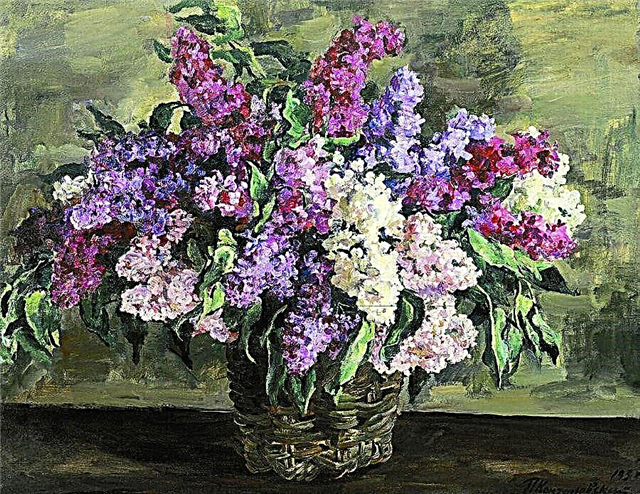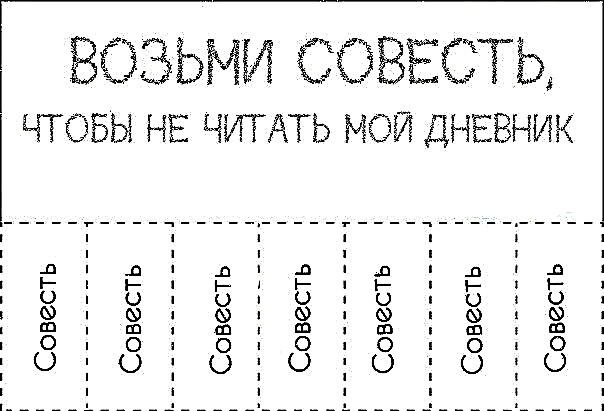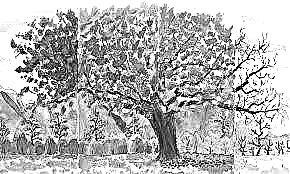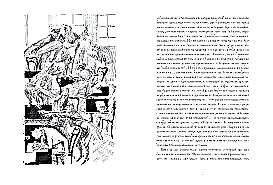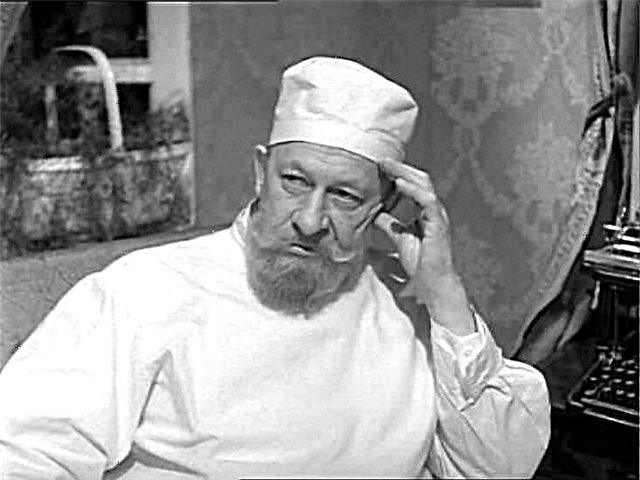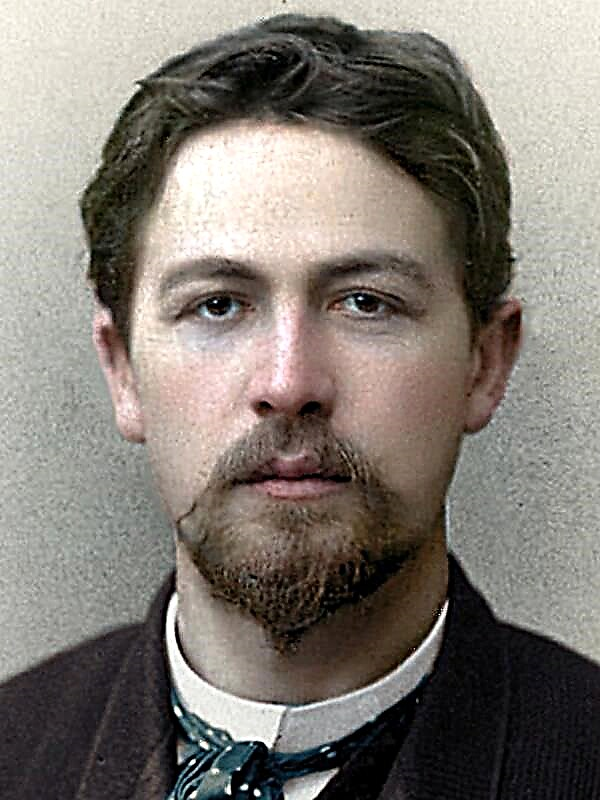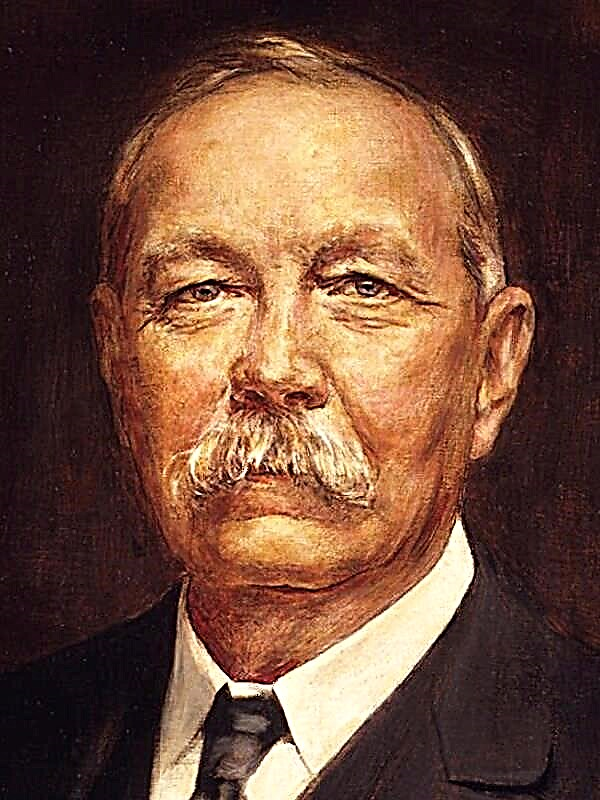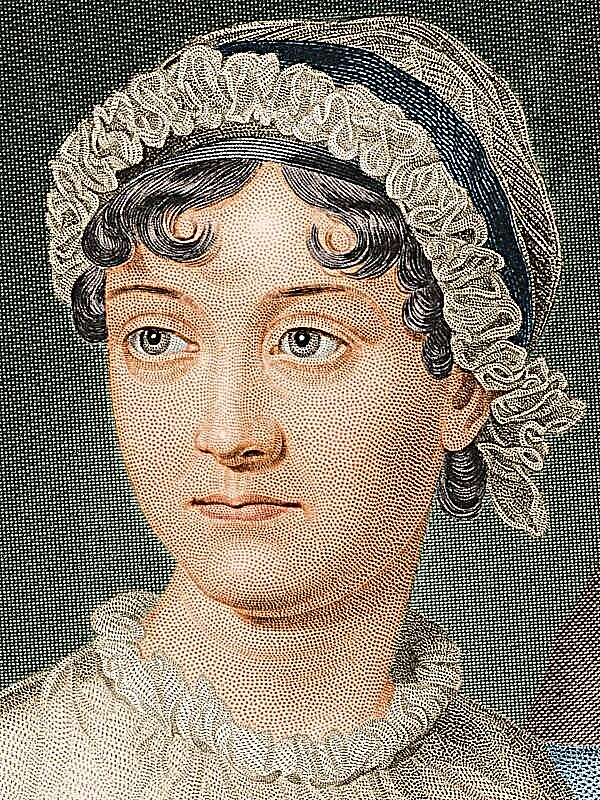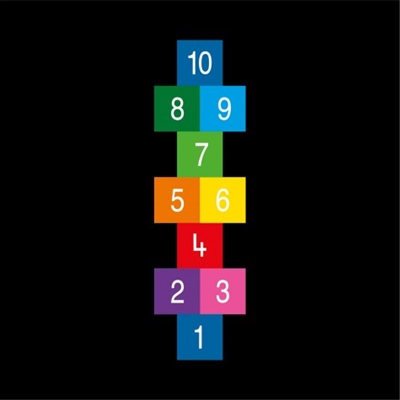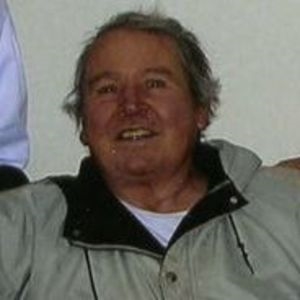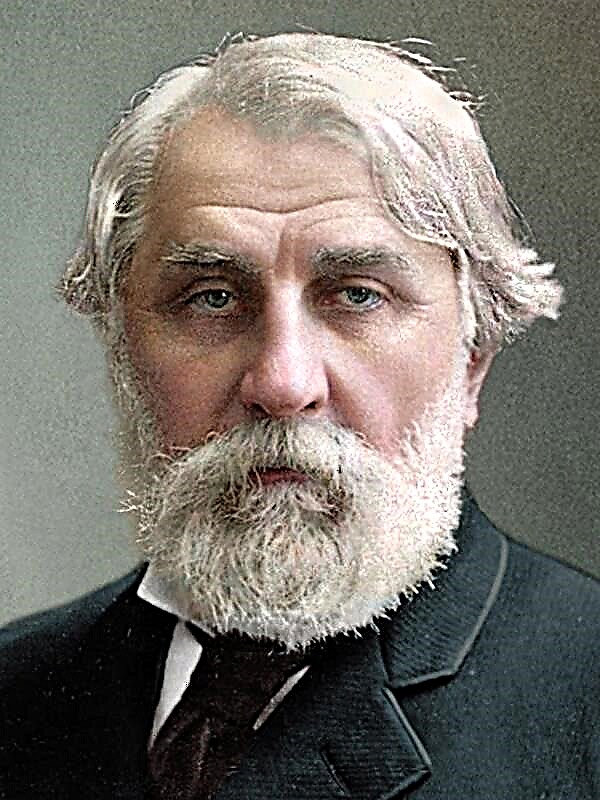Ekaterina Romanovna Dashkova writes that she was born in 1743 (actually March 17, 1744) in St. Petersburg, her future godfather was the future emperor Peter III. In the second year of her life, she lost her mother and was brought up by her grandmother until she was four years old. She came from the ancient Vorontsov family.
The family did not spare money for her education: she knew four languages (French, Italian, German and one of the ancients), danced, painted. At the same time, young Dashkova did not speak Russian well and, according to her, later put a lot of effort to improve it. From childhood she was fond of reading Beil, Montesquieu, Voltaire, Boileau, Helvetius and other French enlighteners.
At the age of fifteen, she married the chamber junker M.I. Dashkov, their marriage was promoted by Empress Elizabeth. Soon her daughter and son were born.
Once, after a meeting with the future Empress Catherine the Great, they began a long intimate acquaintance. Dashkova takes an active part in palace affairs, she describes the inability of Peter III to be the head of a vast empire, his contempt for everything Russian, tyranny - all that ultimately led to his overthrow. Being near Catherine, she gives her moral support. The coup of 1762, in the description of Dashkova, was welcomed by most of the courtiers and soldiers of the guard. Peter III in a letter to Catherine agreed to abandon the throne in exchange for certain life amenities.
After the coronation of Catherine II, Dashkova was granted twenty-four thousand rubles, which she used to cover the debts of her husband, who was then an envoy in Constantinople. In addition, she was granted a lady of state, and her husband was promoted to junk chamber.
Court life abounded with intrigue. So, the favorite of Catherine II, Grigory Orlov, knowing Dashkova’s critical attitude to herself, restores the empress against her, which leads to a temporary cooling in their relationship.
At this time (Dashkova, twenty years old), her husband was dying in Poland, and she was left alone with many problems: sick children, her husband's debts. She manages to pay off her creditors for five years, preserving the children's estates from the sale, and asks Catherine II to allow her a trip abroad to improve the health of her children. Having received permission and five thousand rubles, which he considers insultingly “an insignificant amount”, Dashkova leaves for Europe. In a short time, she visits Riga, Koenigsberg, Berlin, Prussia, the Netherlands, England, Brussels, Antwerp and Paris, where she meets with Didro and Voltaire, visits art galleries, parks, and happens to be at the court of many persons of royal families.
After two years of travel, Dashkova returned to Petersburg. Orlov was no longer a favorite, and the empress accepted her “graciously”, sent sixty thousand rubles to buy land and a house, which surprised Dashkova after a ten-year period of cooling. She plunges into household chores, gives her daughter out as the foreman Shcherbinin.
To continue her son’s education, despite the empress’s displeasure, Dashkova again asks her for permission to travel abroad. Consecutively moving from Grodno to Vilna, then to Warsaw and Berlin, she stops in the city of Spa in the same house with the family of the Englishwoman Hamilton. Seeking to educate his 13-year-old son at the university, Dashkova moved to Edinburgh. In her opinion, this boy, who knows Latin, mathematics, history, geography, French and English, is quite capable of studying at the famous University of Dublin. Despite the tormenting rheumatism and pain in her stomach, Dashkova met with many any noticeable citizens of England: university professors, people from high society, parliamentarians. Her efforts are completed successfully - her son brilliantly passes exams and studies at the university until the summer holidays.
Dashkova and her son travel to Paris, where he is engaged with a student of D’Alembert himself, and she leads a social life. Then he continues his journey through Europe again: Switzerland - meetings with famous people, Turin - a reception with the royal family, Sardinia - visiting the fortifications in Alessandria, Genoa - visiting the orange and lemon groves, Florence - world famous art galleries. Caring for her son’s career, Dashkova sends the empress a request to increase his military rank, which was given only a very “low rank”.
Next was Rome - Dashkova makes “useful”, according to her, acquaintances, talks with dad in St. Peter's Basilica, gets acquainted with poets and artists in Naples, rides a gondola in Venice and visits the sights. In Vienna, Dashkova was adopted by Emperor Joseph, who called her "historical face." In a conversation with Chancellor Kaunits, Dashkova disputes Peter's merits in rebuilding Russia, believing that evolutionary development would be more useful than the painful transformations he introduced. Dashkova visits Prague, Dresden, Berlin, where he participates in the review of troops and parades. Contrary to custom, Frederick the Great got off his horse and talked with Dashkova. Finally, a long journey ends in St. Petersburg.
Upon her return, Dashkova sends a “small assignment” to Prince Potemkin about the military rank of his son and the representation of her children to the Empress. Permission was obtained, and the children were introduced to the Empress, who not only “expressed pleasure” in regards to Dashkova’s return, but also clearly indicated her location by inviting her family for dinner, and made her son to the rank of captain of the Semenovsky regiment guard. The most Dashkova Catherine II granted the place Krutoe with 2500 peasants. Despite the regular help from the empress, Dashkova, in her words, always had a state “below average”.
Once, after Dashkova secured the appointment of her niece as a maid of honor, the Empress offered her the position of director of the Academy of Sciences. After slight hesitation and confusion, as well as negotiations with Potemkin, who explained the empress’s intentions by the desire to keep Dashkova at court, she gave her consent. Relying on the help of the empress, Dashkova was actively involved in the affairs of the Academy, upset under the former director Domashnev. Soon, Comments began to appear again, the first two volumes of which mainly included Euler's writings. By reorganizing the conduct of business, it was possible to get rid of the debts of the Russian, Parisian and Dutch booksellers; the number of students in the gymnasium was increased to fifty and the number of students in the craft to forty; salaries increased for professors; Introduced courses in mathematics, geometry and natural history taught by Russian professors in Russian.
Intrigues still prevail at court, the new favorite Lanskoy disliked Dashkova, and Attorney General Vyazemsky also did not like her work. At the same time, the current load is increasing: for example, Catherine II, according to a note by Dashkova, confirms her as the president of the new Russian Language Academy, one of the duties of which was to be the translation of ancient authors. The financial situation of the Academy is improving from year to year, work on the Russian language dictionary has been completed, in which all members of the Academy participated.
During the war with Sweden, Dashkova receives from the Duke of Südermanland, the brother of the Swedish king, a message and a package containing Franklin's message about her acceptance into the Philadelphia Philosophical Society, but the Empress does not allow further correspondence.
At the same time, the son of Dashkova marries, without asking her mother for consent, to the merchant's daughter Alferova, which leads her to indignation and pain. Dashkova falls ill with nervous fever and stops working. Only in winter does her health improve a little, and she restores her usual routine: two or three days in the palace, collecting materials for the dictionary, ongoing efforts to finance the Academy. There are disagreements with the empress - for example, Dashkova gives permission to publish the play of the Princess “Vadim Novgorodsky”, which causes the wrath of Catherine II.
Household chores also take a lot of time, her daughter's financial affairs are poor and confusing, Dashkova has to make a lot of efforts to put them in order. Everything taken together makes her once again ask the Empress for a two-year vacation and her release from both Academies. The intrigues of the new favorite Zubov lead to the empress’s coldness when parting with Dashkova. In his estate, Trinity Dashkova is energetically conducting an economic reorganization. There she receives news of the death of the Empress.
Emperor Paul I dismisses her from both Academies and orders her to live in the village. Subsequently, she was ordered to retire to her son’s estate in the north of the Novgorod province, behind her, covert surveillance was established.
Due to the deteriorating state of health, Dashkova sends a letter to the emperor asking him to change his place of residence. Due to the proximity of her son Dashkova to Paul I and a successful combination of circumstances, he satisfies the request. Returning to Troitskoye, Dashkova resumes her garden, agricultural and construction work. Dashkova compares in her notes the reign of Catherine and Paul and predicts the fall of the latter. The young emperor Alexander asks Dashkova to return to the court, to which she replies with a letter of thanks. At court, Dashkova notes a tendency to belittle the importance of Catherine II and the exaltation of the activities of Peter I, which causes her protest, which everyone has noticed.
In conclusion of the “Notes”, Dashkova instructs Ms. Wilmot, Miss G. Hamilton, cousin of Dashkova's friend, to dispose of her memoirs.

